(Original title: Apple's hundreds of interface applications use Chinese names for Chinese users, with the exception of Siri)
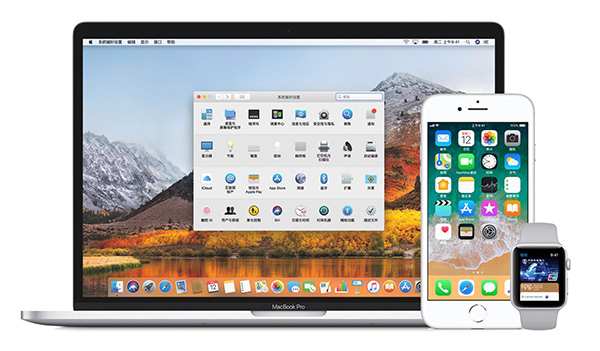
News reporter Zhou Ling
Apple's products, systems, and applications are named in global unified English. However, in the recent iOS, watchOS, and macOS systems and related applications Apple will soon push, Chinese users will see the corresponding "Chinese" name.
For example, Apple's Wallet will become "Wallet" and Safari will have a Chinese tail "Safari" behind it. The Finder will be a creative translation "Visit."
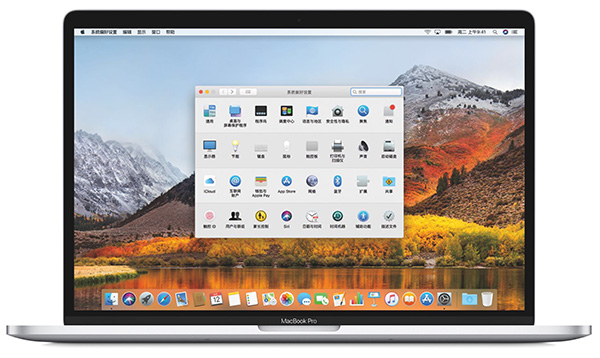
According to a reporter from the Xinhua News Agency, all translations are from the Apple China Creative Team. This is a long-held operation.
The purpose of doing so is mainly to better serve Chinese consumers. Before Apple's product is more fruit powder purchase, there is no problem in identifying the English name of fruit powder, but as Apple products are gradually accepted by more people, non-fruit powder will be somewhat laborious in recognizing these English names. Taking these circumstances into consideration, Apple conducted a "rename operation."
According to Apple’s statement, the name change involves several hundreds of system interfaces and their own applications in the three major systems, and is an exclusive treatment for users in mainland China. Other countries and regions have no similar actions.
This Chinese translation of Apple mainly has these rules:
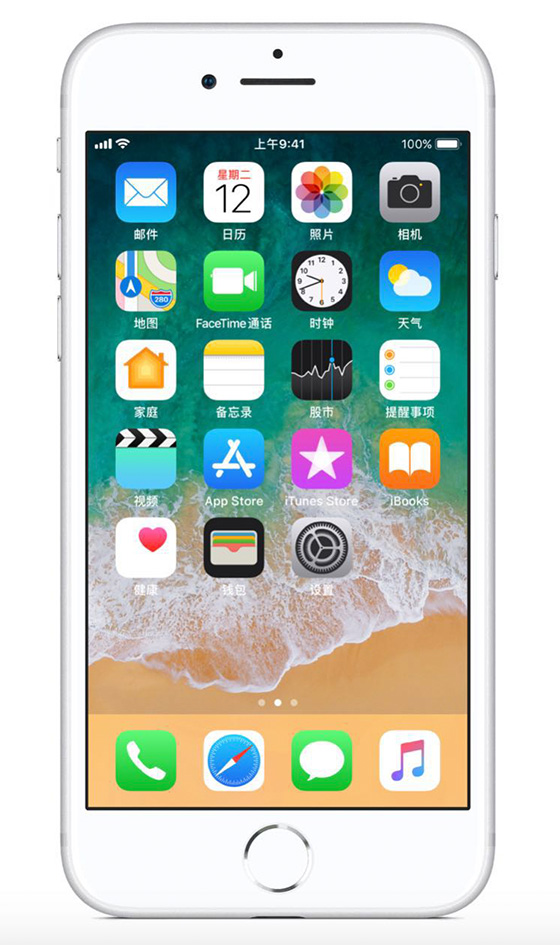
One, direct translation type, such as Wallet - after the name is "wallet." This kind of direct Chinese translation means that Chinese people find it more smoothly.
Many users may not understand English and see that many English names of Apple will not adapt. Also in the same category, Mission Control - Dispatch Center, Dock - Program Dock, Launchpad - Startup Station are all translated directly from English.
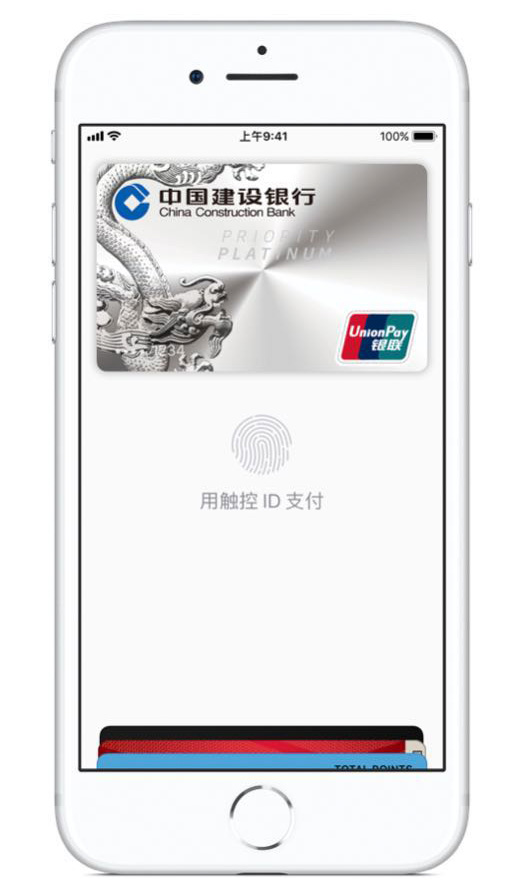
Second, Chinese and English mix and match type, such as Safari changed to Safari browser, FaceTime - FaceTime call, Touch ID - touch ID. These English names are already widely known around the world, and the Chinese suffixes are more clear to Chinese users.
Third, the creative translation, some names are very unique, can not find a suitable Chinese literal translation, the use of creative translation. For example Finder - visit, Animoji - face expressions, Spotlight - focus, Clips - can take the initiative, GrageBand - library band;
This kind of translation is actually a test of the foundation of Apple's creative team. Finding the right Chinese language is not easy. It is hoped that both Chinese and English will be taken care of and Chinese users will understand it. For example, Finder - visits, this translation still takes into account the various elements, a little "trust and elegance".
Fourth, continue to retain English, do not change, such as Siri; and Siri this English name has been used in the world for 5 years, Chinese users to touch the iPhone is also blurting out "Hi Siri" to start the voice. In addition, the "Hi Siri" start involves a voice start command. If the Chinese Mainland evokes Siri inconsistent with other countries and regions, there will be problems. The app store App Store is also well known and continues to use English names.
Therefore, the new name will be deeply integrated into the three systems of iOS, watchOS and future macOS. Open the iPhone, Mac or Apple Watch, whether it is under the App icon, or deep in the system, is a unified new name.
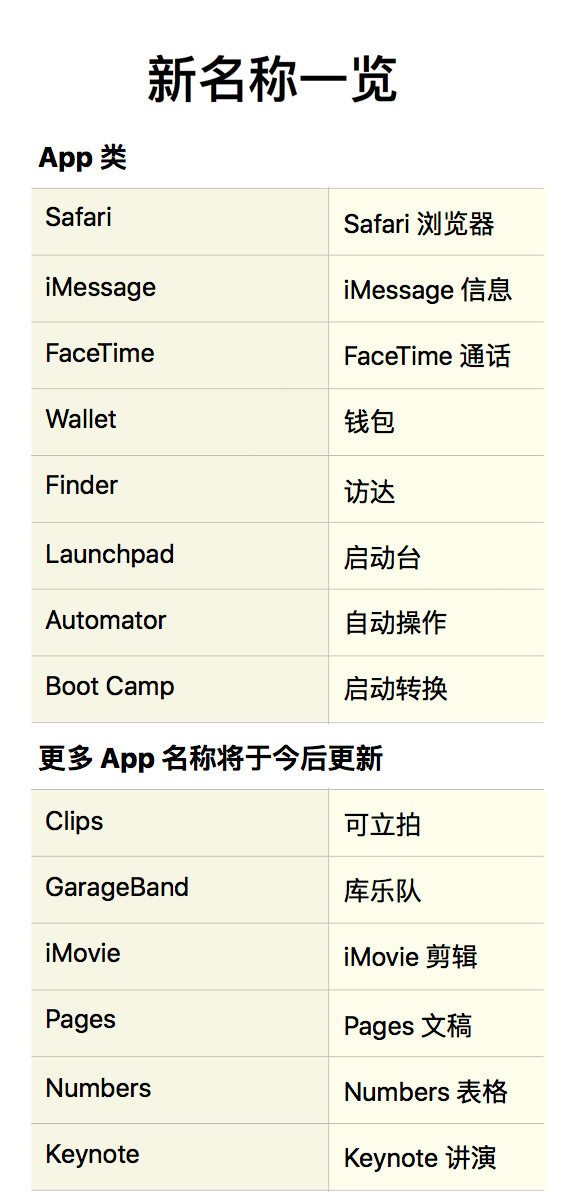


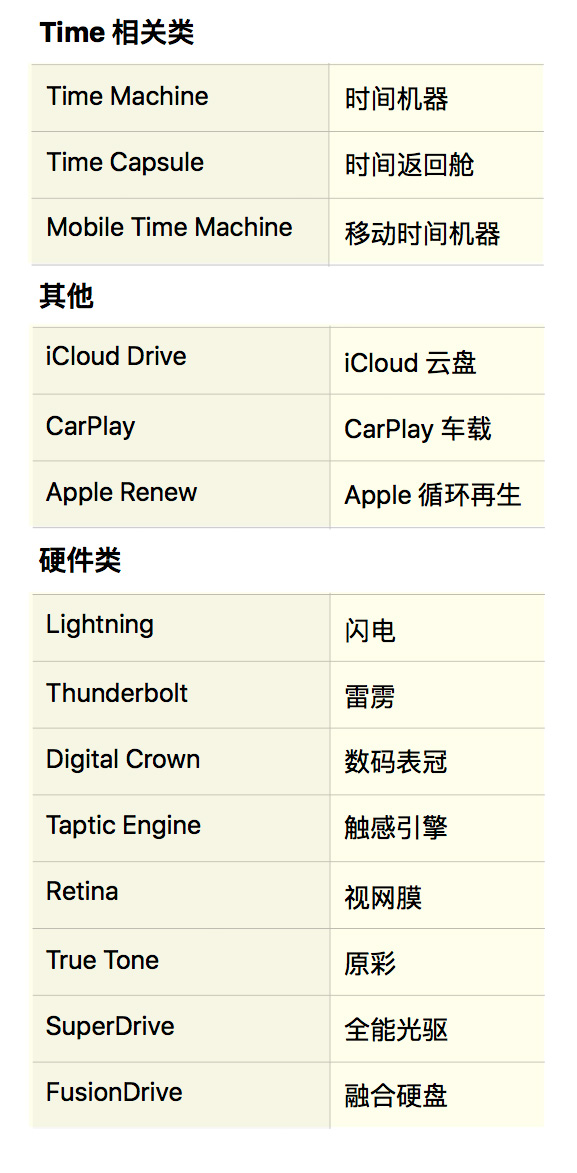
Ac Remote,Universal Ac Remote,Aircon Remote Control,Air Conditioner Remote
Full Industrial CO.,ltd. , https://www.iotaindustrial.com
